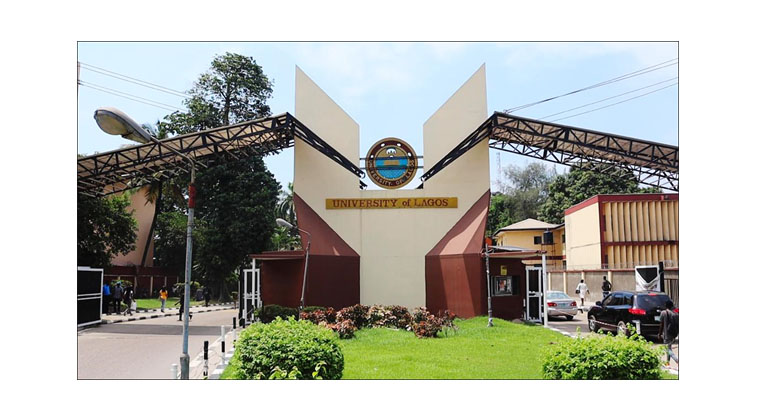The Swedish Academy has awarded Jon Fosse with the 2023 Nobel Prize in literature. The Norwegian author was recognised for his “innovative plays and prose which give voice to the unsayable”, the jury said. One of his country’s most-performed dramatists, Fosse has written some 40 plays as well as novels, short stories, children’s books, poetry and essays.
Bibliography
Jon Fosse was born 1959 in Haugesund on the Norwegian west coast. His immense œuvre written in Nynorsk and spanning a variety of genres consists of a wealth of plays, novels, poetry collections, essays, children’s books and translations. While he is today one of the most widely performed playwrights in the world, he has also become increasingly recognized for his prose. His debut novel Raudt, svart 1983, as rebellious as it was emotionally raw, broached the theme of suicide and, in many ways, set the tone for his later work.
Fosse grew up in a family which followed a strict form of Lutheranism and rebelled by playing in a band and declaring himself an atheist. He ended up converting to Catholicism in 2013. After studying literature, he made his debut in 1983 with the novel Red, Black which moves back and forth in time and between perspectives. His latest book, Septology, a semi-autobiographical magnum opus, seven parts spread across three volumes about a man who meets another version of himself, runs to 1,250 pages without a single full stop. The third volume was shortlisted for the 2022 International Booker Prize.
Fosse’s European breakthrough as a dramatist came with Claude Régy’s 1999 Paris production of his play Nokon kjem til å komme (1996; Someone Is Going to Come, 2002). Even in this early piece, with its themes of fearful anticipation and crippling jealousy, Fosse’s singularity is fully evident. In his radical reduction of language and dramatic action, he expresses the most powerful human emotions of anxiety and powerlessness in the simplest everyday terms. It is through this ability to evoke man’s loss of orientation, and how this paradoxically can provide access to a deeper experience close to divinity, that he has come to be regarded as a major innovator in contemporary theatre.
(Bibliography Credit: Nobel Prize)











